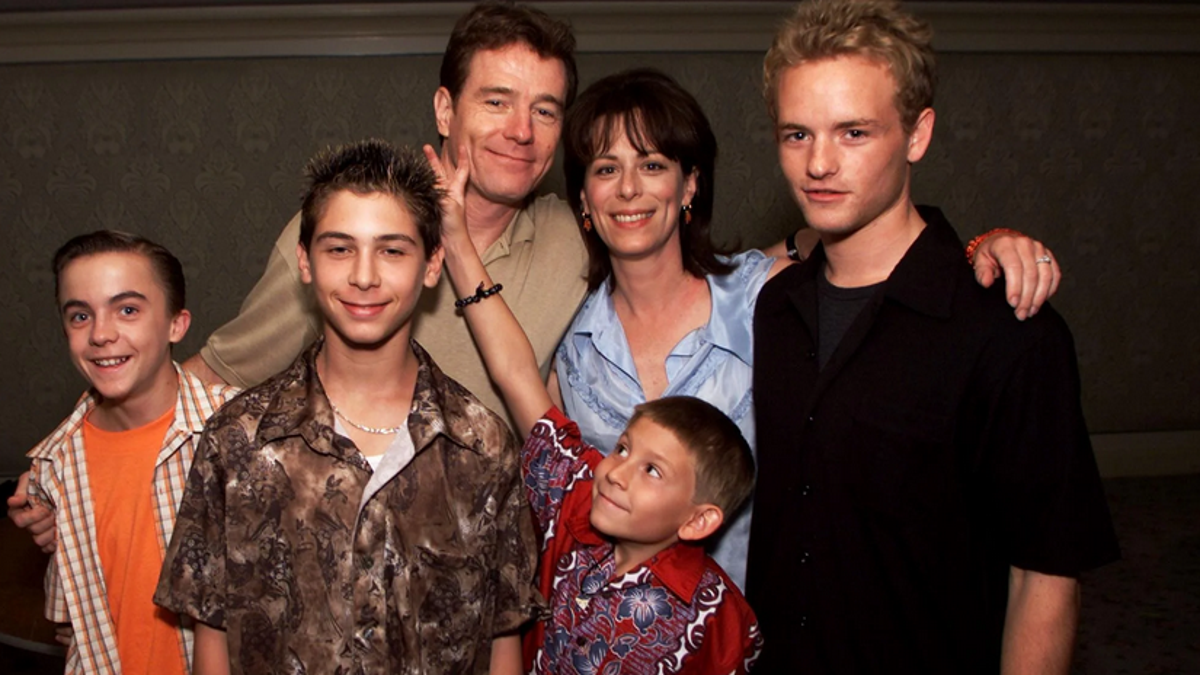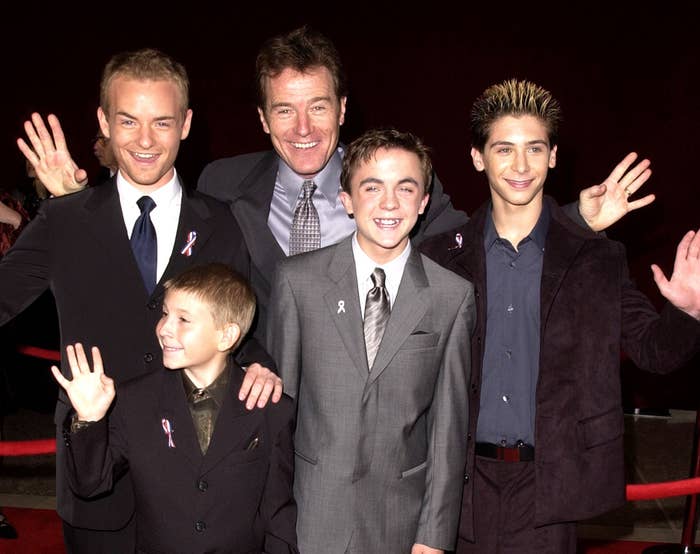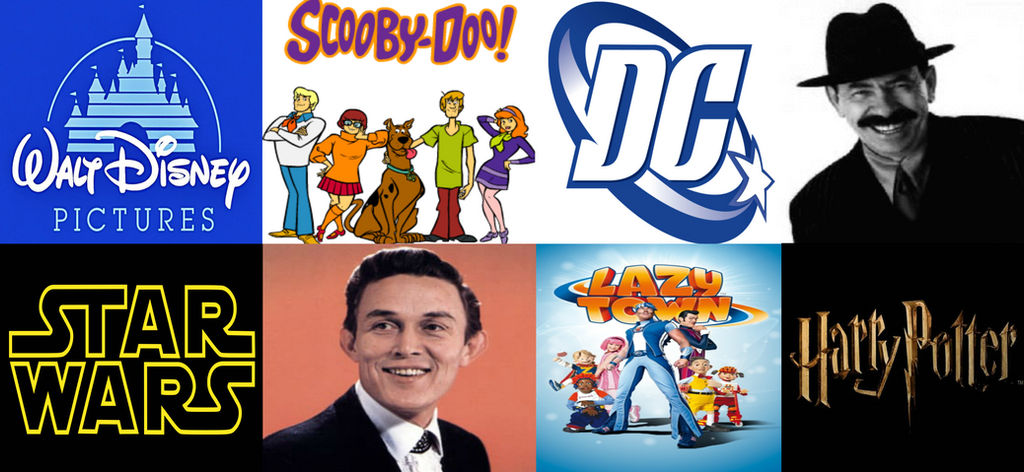Nintendo's Conservative Approach: A Winning Formula Or Missed Opportunities?

Table of Contents
Nintendo's "conservative approach" refers to their tendency to prioritize carefully curated experiences, a strong focus on family-friendly content, and a historically slower adoption of emerging technologies and market trends compared to their competitors. This contrasts sharply with the often more aggressive strategies of companies like Sony and Microsoft. The central question we will address is: Does this deliberate conservatism truly benefit Nintendo's long-term success, or does it hinder their potential for even greater dominance?
The Strengths of Nintendo's Conservative Approach
Brand Loyalty and Family-Friendly Image
Nintendo boasts unparalleled brand recognition and loyalty. Their focus on family-friendly games, anchored by iconic franchises like Mario, Pokémon, and Zelda, has created a lasting appeal across generations. This deliberate cultivation of a positive brand image is a key element in attracting a broad audience, particularly families, who might be hesitant to embrace titles with more mature themes or violent content.
- Successful family-friendly games: Super Mario Odyssey, Pokémon Go, Animal Crossing: New Horizons.
- Long-term franchise success: The enduring popularity of Mario, Zelda, and Pokémon demonstrates the strength of Nintendo's consistent branding and quality control.
- Positive brand perception among parents: Nintendo's reputation for wholesome entertainment offers a significant advantage in a market increasingly concerned about age-appropriate content.
Controlled Ecosystem and Profit Margins
Nintendo's control over both hardware and software provides a distinct advantage. This closed ecosystem allows for higher profit margins and ensures a consistent quality experience for players. By developing and publishing most of their own games (first-party titles), Nintendo maintains tight control over the quality and curation of their offerings, enhancing their brand image and loyalty. This contrasts with the often more fragmented ecosystems of their competitors.
- High-profit games: The exceptionally strong sales of Nintendo Switch titles demonstrate the financial benefits of this controlled ecosystem.
- Advantages of first-party development: This grants Nintendo greater creative freedom and allows them to tailor games specifically to their hardware.
- Examples of successful closed ecosystems: The success of the Nintendo Switch demonstrates the power of a well-managed, tightly integrated ecosystem.
The Potential Downsides of Nintendo's Conservative Approach
Missed Opportunities in the Mobile Market (Initial Response)
Nintendo's initial reluctance to fully embrace mobile gaming represents a clear example of their conservative approach. Their slow entry into this burgeoning market potentially cost them significant revenue in the early years. While they eventually launched successful mobile titles, the delayed adoption demonstrates a hesitation to fully capitalize on the immediate potential of this platform.
- Examples of delayed mobile releases: The delayed launch of Pokémon Go (developed in partnership) initially ceded market share to competitors.
- Comparison to competitors’ mobile strategies: Companies like Tencent and Activision Blizzard aggressively pursued mobile gaming, gaining significant early leads.
- Success of recent mobile titles: While Fire Emblem Heroes and Mario Kart Tour have seen success, the initial hesitation resulted in a missed opportunity for earlier market penetration.
Limited Online Functionality (Past Issues)
Nintendo's online infrastructure has historically lagged behind competitors such as Sony and Microsoft. Criticisms of limited online features, infrequent updates, and occasionally unstable service were prevalent in the past. While improvements have been made in recent years, these past shortcomings demonstrate a relative slowness to embrace and fully develop robust online functionalities.
- Past criticisms of online infrastructure: Concerns about friends lists, limited voice chat options, and infrequent updates characterized past iterations.
- Comparison with competitors’ online features: The robust online communities and features offered by PlayStation Network and Xbox Live have long outpaced Nintendo's offerings.
- Examples of recent improvements: The Nintendo Switch Online service has expanded its offerings, but there's still room for growth.
Resistance to Innovation (Specific Examples)
There have been instances where Nintendo has been slower to adopt new technologies or gaming trends. This resistance to innovation, though sometimes intentional and strategic, carries the risk of being left behind. The question remains: Was this deliberate conservatism justified, or did it represent a missed opportunity for further growth?
- Specific examples of late adoption of technologies: The relatively late adoption of online multiplayer functionality and motion controls are prime examples.
- Analysis of the risks and benefits of each decision: Each instance needs to be carefully assessed, weighing the potential risks of early adoption against the potential rewards of later entry.
- Comparison with competitors' adoption rates: Analyzing how Nintendo's adoption rates compare to those of competitors allows for better contextualization of their strategic decisions.
Conclusion
Nintendo's conservative approach is a double-edged sword. Their unwavering focus on family-friendly content, strong brand loyalty, and controlled ecosystem have resulted in remarkable success and high profit margins. However, their slower adoption of mobile gaming and online features, and occasional reluctance to embrace new technologies, have demonstrably resulted in missed opportunities. Ultimately, whether Nintendo's conservative approach is a winning formula or a missed opportunity depends heavily on how one weighs the benefits of their established strengths against the potential for even greater growth through more aggressive market strategies.
What do you think about Nintendo's conservative approach? Discuss Nintendo's approach in the comments below.

Featured Posts
-
 No Credit Check Loans Guaranteed Approval From Direct Lenders
May 28, 2025
No Credit Check Loans Guaranteed Approval From Direct Lenders
May 28, 2025 -
 Nintendos Bold New Era A Calculated Risk
May 28, 2025
Nintendos Bold New Era A Calculated Risk
May 28, 2025 -
 Prediksi Skor Bali United Vs Dewa United Head To Head And Susunan Pemain
May 28, 2025
Prediksi Skor Bali United Vs Dewa United Head To Head And Susunan Pemain
May 28, 2025 -
 Cubs Vs Diamondbacks Prediction Who Will Win
May 28, 2025
Cubs Vs Diamondbacks Prediction Who Will Win
May 28, 2025 -
 Monte Carlo Masters Zverev Out Sinner Rises To Top Ranking
May 28, 2025
Monte Carlo Masters Zverev Out Sinner Rises To Top Ranking
May 28, 2025
Latest Posts
-
 Drive And Watch A Guide To Great Movies And Tv Shows
May 29, 2025
Drive And Watch A Guide To Great Movies And Tv Shows
May 29, 2025 -
 Bryan Cranston Discusses The Evolution Of A Malcolm In The Middle Reboot
May 29, 2025
Bryan Cranston Discusses The Evolution Of A Malcolm In The Middle Reboot
May 29, 2025 -
 Is A Malcolm In The Middle Reboot Happening Bryan Cranston Weighs In
May 29, 2025
Is A Malcolm In The Middle Reboot Happening Bryan Cranston Weighs In
May 29, 2025 -
 Find Great Movies And Tv Shows To Drive With The Complete Guide
May 29, 2025
Find Great Movies And Tv Shows To Drive With The Complete Guide
May 29, 2025 -
 Is A Malcolm In The Middle Revival Happening Bryan Cranston Weighs In
May 29, 2025
Is A Malcolm In The Middle Revival Happening Bryan Cranston Weighs In
May 29, 2025
